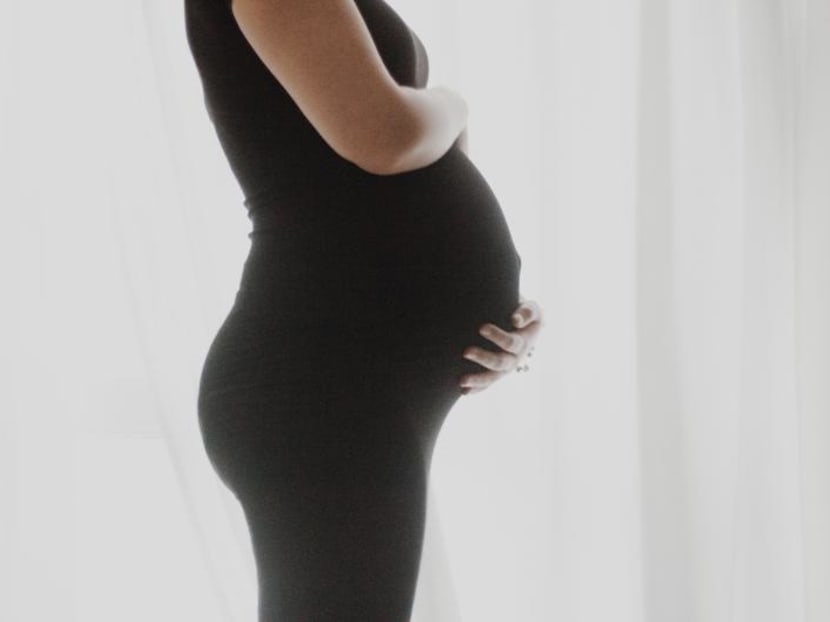Duke-NUS study finds possible link between autism and antidepressant use during pregnancy
SINGAPORE — A team of scientists led by Duke-NUS Medical School has found a potential link between autism and a commonly prescribed antidepressant — but also a possible treatment.

A team of scientists led by Duke-NUS Medical School has found that the brains of mice that had been exposed to the antidepressant fluoxetine had impaired transmission, caused by an overactive serotonin receptor.
SINGAPORE — A team of scientists led by Duke-NUS Medical School has found a potential link between autism and a commonly prescribed antidepressant — but also a possible treatment.
The team of researchers from Singapore and South Korea found that mice that had been exposed to the antidepressant fluoxetine in the womb behaved differently, compared with unexposed mice.
Fluoxetine is commonly sold under brand names like Prozac and Sarafem.
Those mice that had been exposed to fluoxetine in the womb were observed to be less inclined to explore unvisited areas and had impaired "social novelty recognition" — they had difficulty remembering mice they had already been introduced to.
The team then examined nerve signal transmission in the prefrontal cortex, a part of the brain involved in moderating social behaviour. They found that the brains of these mice had impaired transmission, caused by an overactive serotonin receptor.
Read also
But treating fluoxetine-exposed mice with a compound that blocks the overactive receptor alleviated their behavioural problems and improved their working memory.
Duke-NUS Neuroscience and Behavioural Disorders Programme Associate Professor Hyunsoo Shawn Je noted that there have been studies to investigate connections between antidepressant exposure during pregnancy and children with autism and attention deficit hyperactivity disorder (ADHD), but that so far they they have not been able to pinpoint a causal relationship.
The team will be looking to test drugs approved by the United States' Food and Drug Administration, which will block the overactive receptors in autistic children, if scans show that they have similar brain activity as the experimented mice.
Antidepressants like fluoxetine are commonly prescribed for treating major depression and post-traumatic stress disorder, even for pregnant women.
The drug has been found to cross into the placenta. Trace amounts of it can also be detected in the breast milk of nursing mothers who are being treated with the drug.
Read also
Duke-NUS Senior Vice Dean for research Professor Patrick Casey said that the study offers a “compelling case” for a link between autism and antidepressant use during pregnancy in animals, and “a possible mechanism that could potentially be exploited for future therapies”.
There have been other studies into the possible link between the use of antidepressants by expecting mothers and autism in their children.
A Canadian study that looked at births from 1998 to 2009 found that children of women who took antidepressants during the second and third trimesters of pregnancy were 87 per cent more likely to develop autism than kids born to women who did not take the drugs.
Still, the study also found that the overall risk was low — less than 1 per cent of the nearly 150,000 babies in the study were diagnosed with autism by age six or seven.
Read also
Similarly, a study led by Britain’s University of Bristol, published in 2017, found that children exposed to antidepressants during their mothers’ pregnancies seem to have a slightly higher risk of autism, but that the absolute risk was still small, as more than 95 per cent of women in the study who took antidepressants during pregnancy did not have an autistic child.
Two more studies published last year, one by a team of researchers in Canada and another by a team from Sweden and the United States, studied pairs of siblings, one of whom had been exposed to antidepressants in the womb and one who had not. Both found that those siblings who were exposed to antidepressants in the womb had the same risk of autism as those who were not, suggesting that it is not the antidepressants that raised the risk of autism, but that genetic or environmental factors played a bigger role.
Local psychiatrist Lim Boon Leng said that in general, medical practitioners would avoid prescribing medication to pregnant women and suggest alternatives such as therapy first.
“We will give recommendations, but patients will have to make the decision with their family members. The autonomy lies with the patient.”






